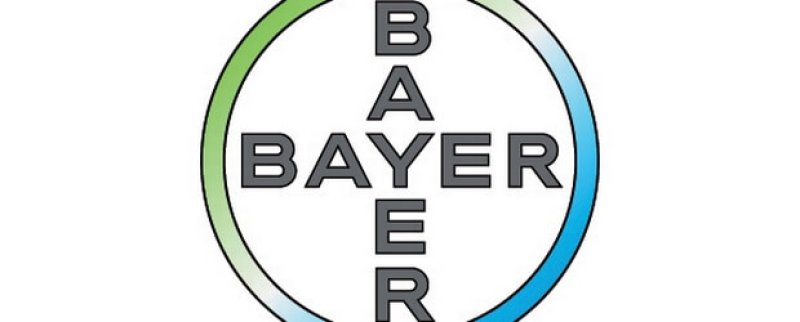More than nine weeks after Monsanto Co. offered to buy Syngenta AG for $45 billion, the U.S. maker of seeds and weedkillers is exploring other options should the Swiss company continue to reject the deal.
Monsanto would approach Germany’s Bayer AG about acquiring its crop chemicals business if it can’t buy Syngenta, Brett Begemann, chief operating officer of St. Louis-based Monsanto, said by phone Monday. While Monsanto is “committed” to acquiring Syngenta, “we won’t stay at it forever,” he said.
“There are other options to pursue from a chemical standpoint, and we will go after those,” Begemann said. “I don’t know what Bayer is going to do with their crop-protection business, whether they’ll sell it or not, but I’m sure they’d be happy to talk about some other kind of marketing arrangement.”
Begemann’s comments are the latest salvo in an escalating war of words between Monsanto and Syngenta as the U.S. seed maker tries to bring its Swiss rival back to the negotiating table. Syngenta Chairman Michel Demare said that Monsanto’s bid was simplistic and is unlikely to be approved by regulators.
Monsanto makes Roundup weedkiller and crops that are genetically modified to tolerate the herbicide. It wants to own more proprietary chemicals that can be developed in tandem with new engineered seeds to maximize their value and get them to market faster, Begemann said. Basel-based Syngenta is the world’s largest maker of herbicides, insecticides and other chemicals used to control crop pests. Bayer is the second-biggest.
The GLP aggregated and excerpted this blog/article to reflect the diversity of news, opinion and analysis. Read full, original post: Monsanto Says Bayer Among Options If Syngenta Deal Fails































